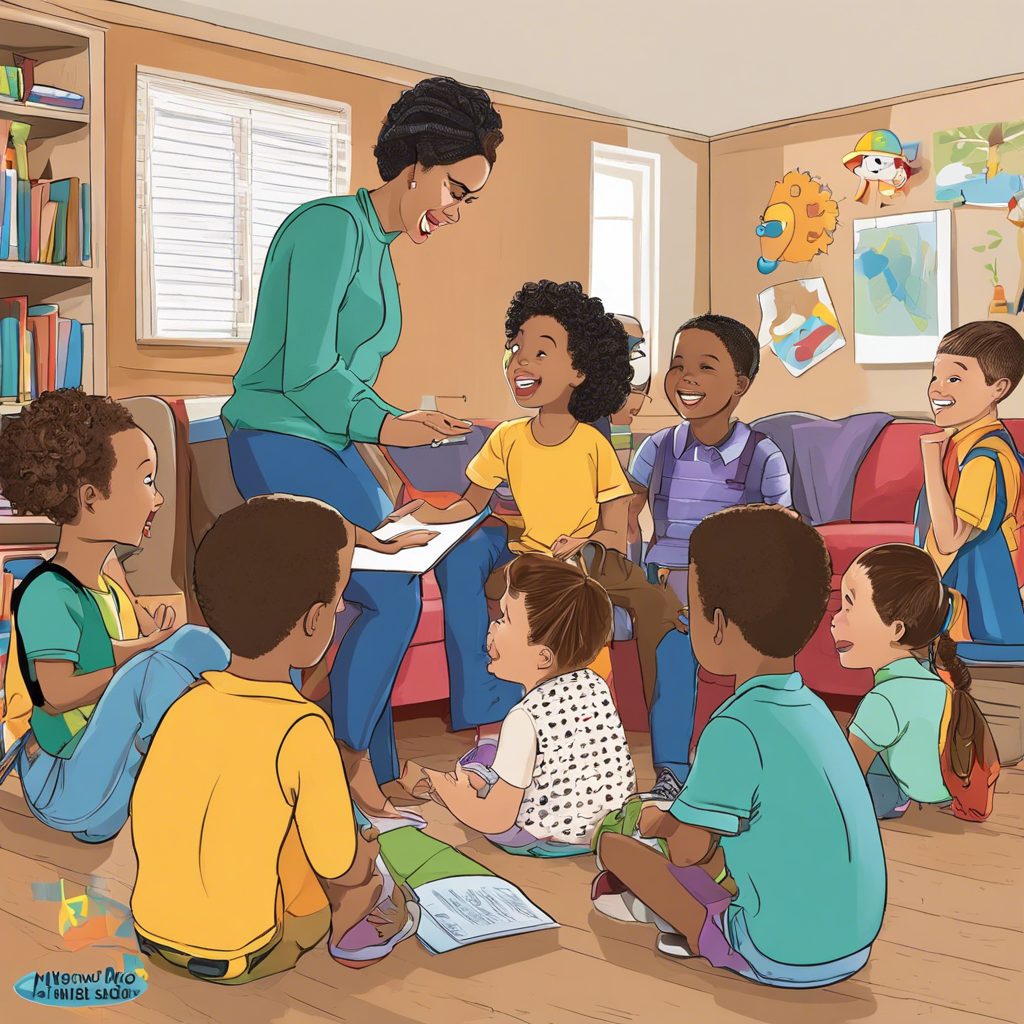Talking to children about challenging subjects can be daunting for any parent or caregiver. Whether it’s discussing death, divorce, racial injustice, or any other complex issue, it’s essential to approach these conversations with careful consideration and empathy. Here’s a guide to help navigate these crucial talks and ensure a safe and supportive environment for children.
First, create a safe and open environment. Choose a quiet, private space where your child feels comfortable and ensure they know they can express their thoughts and feelings without judgment. Encourage honest dialogue and actively listen to their concerns and queries. Second, consider their age and comprehension level. Adapt your language and level of detail to their age and developmental stage. Younger children may need simpler explanations and analogies, while older children may benefit from more nuanced discussions. Use age-appropriate media, books, or other resources to help explain complex concepts.
Start the conversation early. Difficult topics often come up unexpectedly, so it’s beneficial to have ongoing dialogue. This allows children to develop a broader understanding over time and feel more comfortable discussing sensitive issues. Be prepared, honest, and accurate. Before starting the conversation, ensure you have an understanding of the topic and how it may impact your child. Provide honest and accurate information while also offering reassurance and support. It’s okay to not have all the answers, and it’s important to validate their feelings and let them know you’re there for them.
